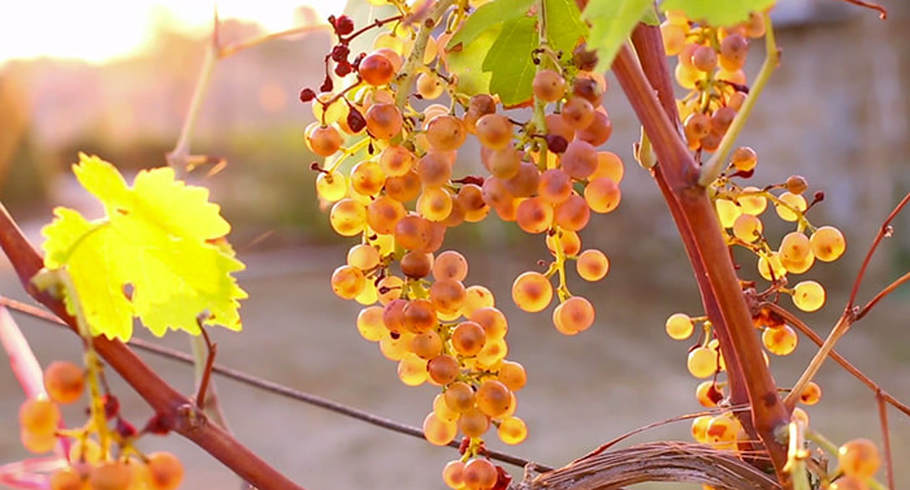Organic wines are produced with organically grown grapes. In order to have organically grown grapes, a vineyard manager must implement an entirely different set of practices to maintain their vines.
Organic doesn’t imply that the wine doesn’t have additives. There are different additives, including yeast, egg whites, and animal enzymes (like rennet in cheese) that are allowed in organic wines. Being organic doesn’t necessarily mean a wine is vegan.
In many countries Organic is translated with Biologic (BIO), which has the same meaning.
The big difference is how US defines Organic wines compare to Canada and Europe:
Non-Organic wines can use chemicals like herbicides and fungicides in the vineyards and other additives (like sulfur or Mega Purple) in a wine. Most of the bizarre chemicals in non-organic wines are used in the vineyard.
Organic doesn’t imply that the wine doesn’t have additives. There are different additives, including yeast, egg whites, and animal enzymes (like rennet in cheese) that are allowed in organic wines. Being organic doesn’t necessarily mean a wine is vegan.
In many countries Organic is translated with Biologic (BIO), which has the same meaning.
The big difference is how US defines Organic wines compare to Canada and Europe:
- USA: “a wine made from organically grown grapes without added sulfates”
- EUROPE & CANADA: “a wine made from organically grown grapes that may contain added sulfates”
Non-Organic wines can use chemicals like herbicides and fungicides in the vineyards and other additives (like sulfur or Mega Purple) in a wine. Most of the bizarre chemicals in non-organic wines are used in the vineyard.


